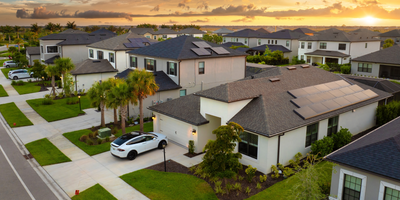Grid-Tie (On-Grid) vs. Off-Grid vs. Hybrid Solar Systems: Which One Is Right for You?
Posted by Signature Solar on 2nd Oct 2025
Power outages, rising utility bills, and the push for energy independence are driving more people to consider solar. But not all solar systems are built the same. Should you connect to the utility grid, cut ties completely, or aim for the best of both worlds?
Let’s break down the three main options: Grid-Tie (On-Grid), Off-Grid, and Hybrid, so you can find the right fit for your home, business, or project.
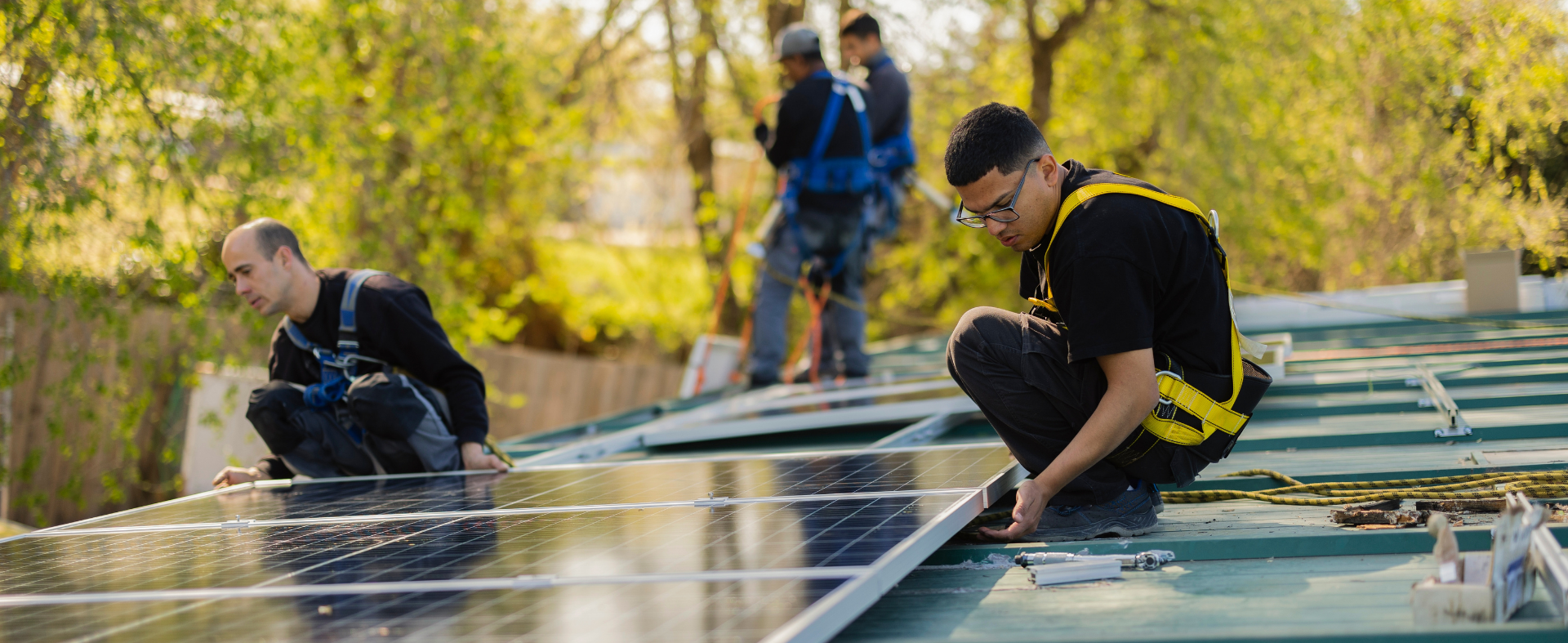
Grid-Tie (On-Grid) Solar Systems
A grid-tie system connects directly to your local utility. It generates electricity for your home or business and sends any excess back to the grid, often earning credits through net metering.
Best for: Homes and businesses in areas with reliable power service.
Pros:
- Lower upfront cost (no batteries required)
- Eligible for net metering, which can reduce bills
- Straightforward installation and maintenance
Cons:
- No backup power during outages (unless paired with add-ons)
- Dependent on utility regulations and rates
If your main goal is to save money while staying connected, grid-tie is the simplest and most budget-friendly option.
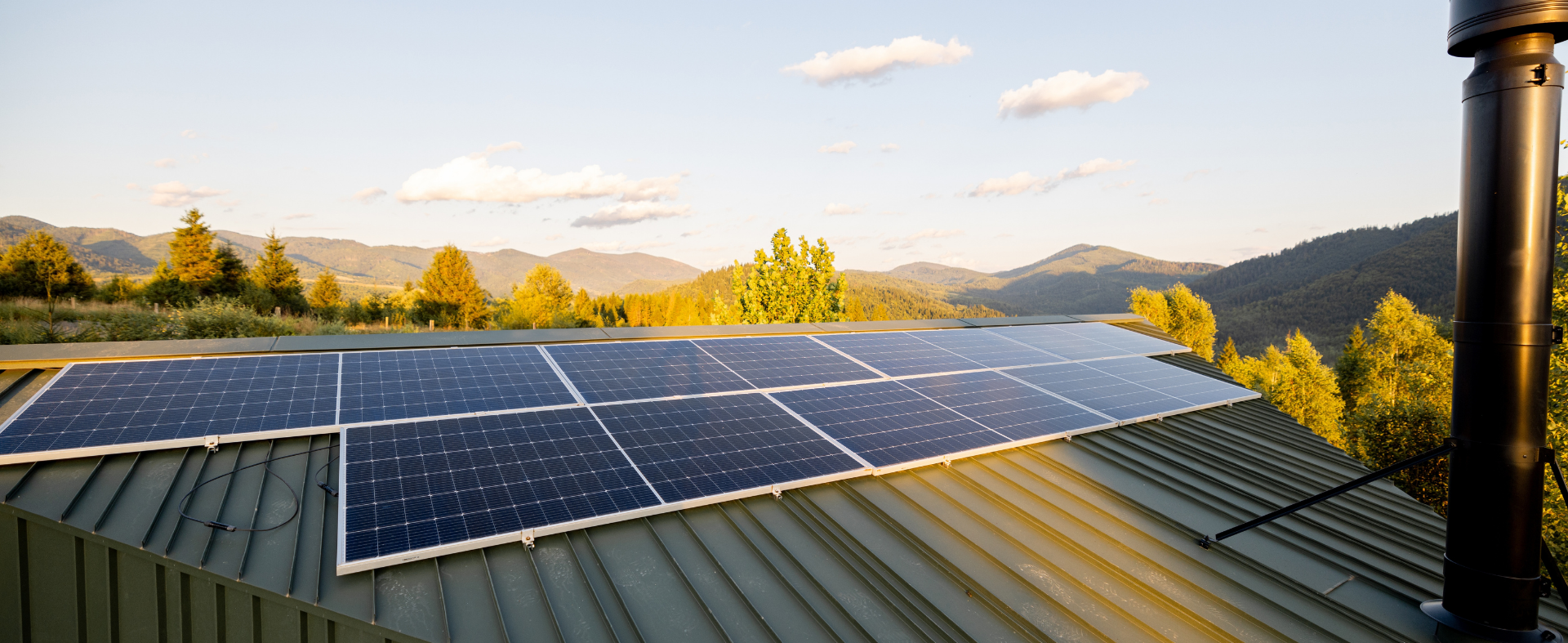
Off-Grid Solar Systems
An off-grid system is fully independent. It produces and stores all the energy you use, typically with a battery bank.
Best for: Remote areas without grid access, or anyone who wants total energy independence.
Pros:
- Complete energy independence
- Reliable power in areas the grid cannot reach
- Avoids utility fees and rate changes
Cons:
- Higher upfront costs (batteries and extra equipment)
- Requires careful sizing and energy management
- Ongoing battery maintenance and replacement
If you are living off the beaten path or want to cut ties with the utility altogether, off-grid gives you full control, although it requires a bigger investment.
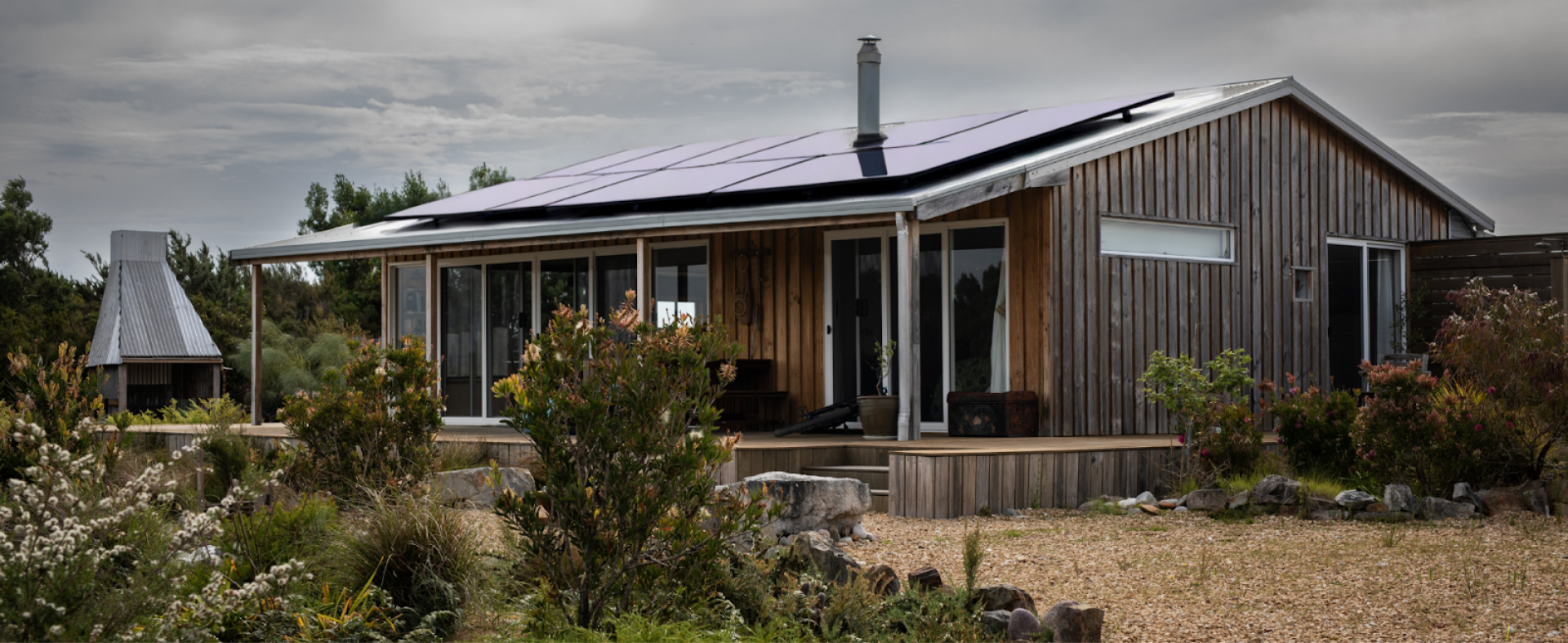
Hybrid Solar Systems
Hybrid systems combine the two approaches. They are grid-connected but also include battery storage. You can draw from the grid, use stored energy during outages, or sell power back when rates are high.
Best for: Areas with occasional outages, or customers who want both savings and backup security.
Pros:
- Backup power during outages
- Flexible energy use (store, consume, or sell back)
- Potential savings by avoiding peak utility rates
Cons:
- Higher upfront investment than grid-tie
- More complex installation and equipment
For those who want flexibility, cost savings with the peace of mind of backup, hybrid systems are often the sweet spot.
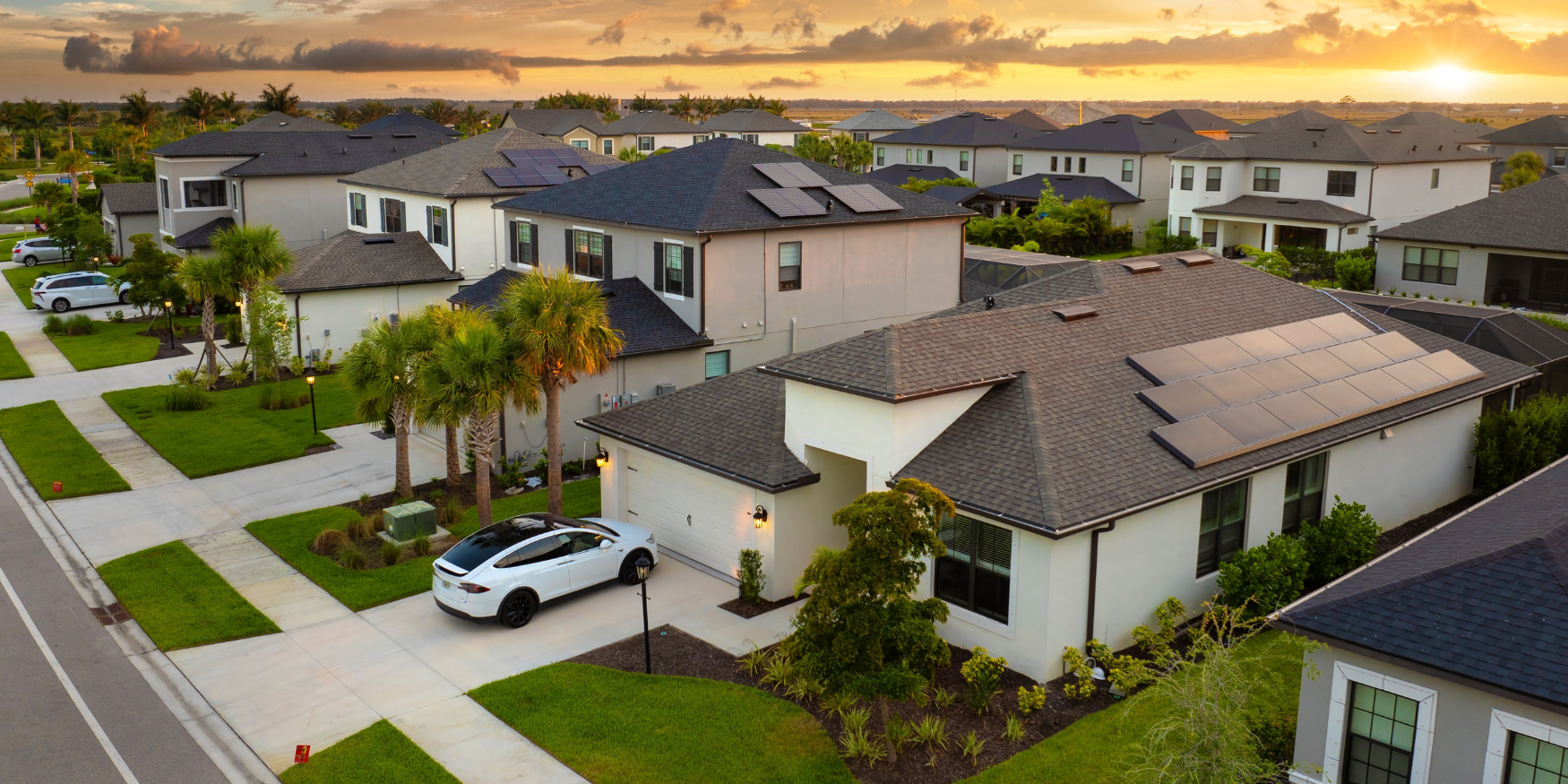
Quick Comparison
Here’s how the three options stack up side by side:
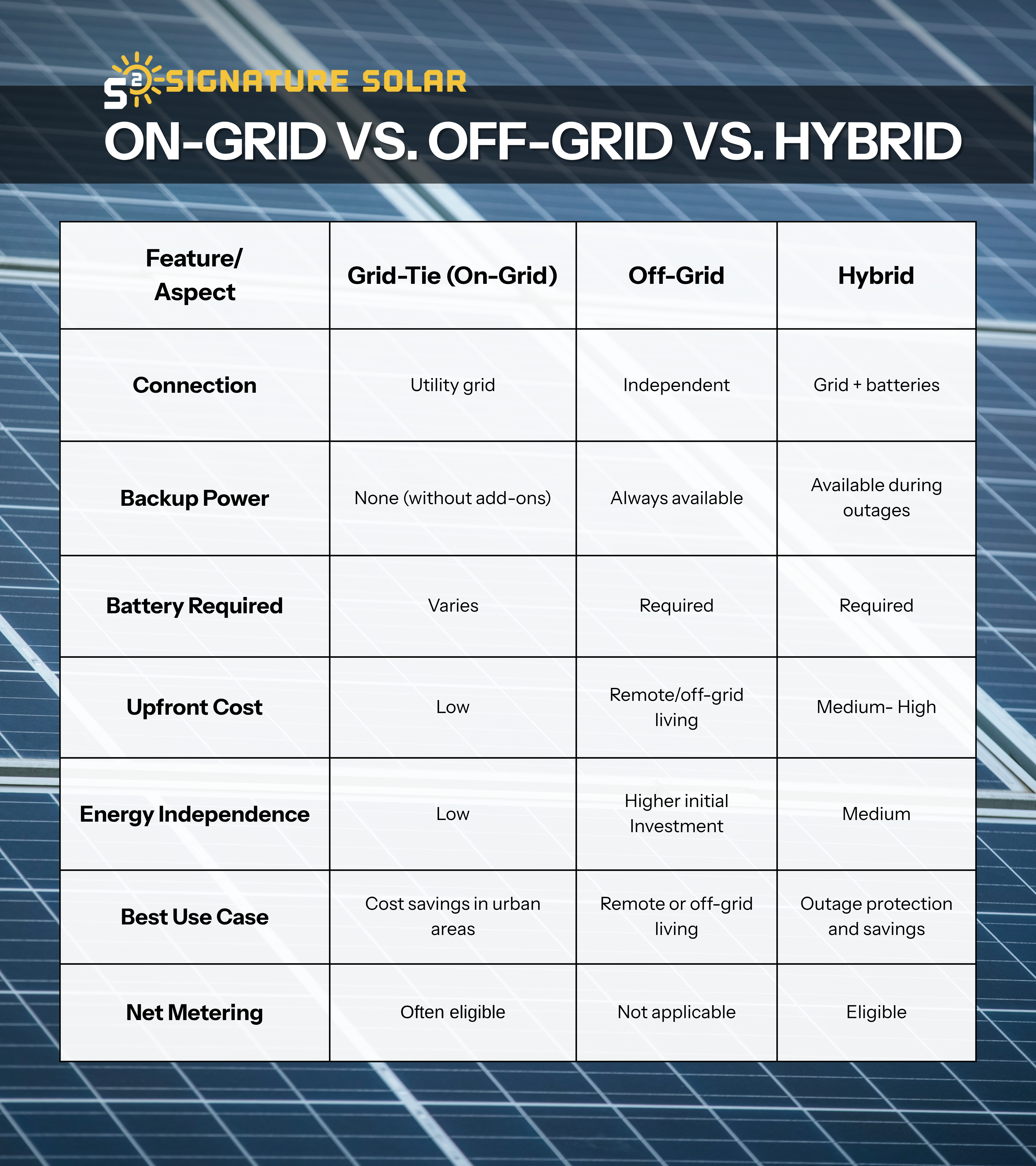
How to Choose
- Go Grid-Tie (On-Grid) if your priority is affordability and lowering monthly bills.
- Go Off-Grid if independence and reliability in remote areas matter most.
- Go Hybrid if you want the security of backup power with the savings of grid connection.
Start Your Solar Journey
Every solar setup comes with trade-offs, but the right choice depends on your lifestyle, location, and long-term goals. Whether you want the simplicity of grid-tie, the independence of off-grid, or the balance of hybrid, solar puts more control in your hands.
Ready to explore your options? Contact our U.S.-based solar experts at 903-441-2090 and find the system that works for you.

